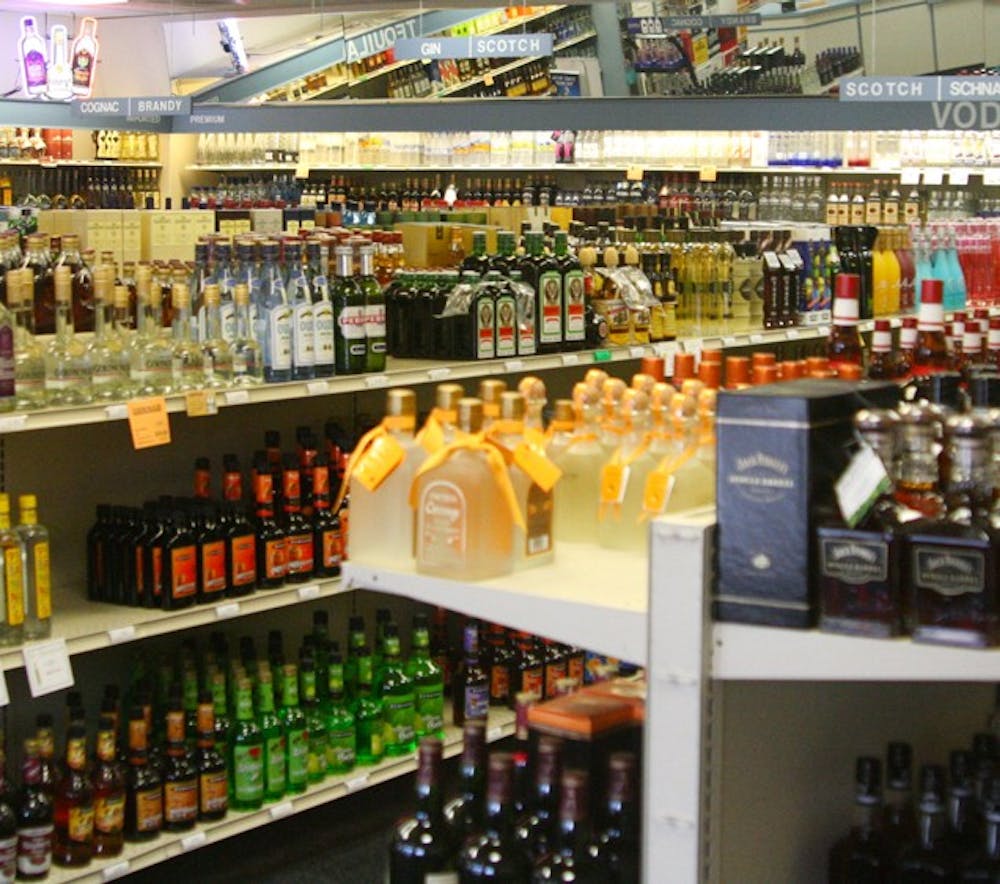Capt. Josh Mecimore, spokesperson for the Chapel Hill Police Department, said the numbers were taken from CHPD enforcement efforts — called compliance checks — carried out on local businesses serving alcohol.
Mecimore said 5 percent isn’t the final goal.
“It’s movement in the right direction, and it’s that partnership we have with the local businesses that’s starting to pay off, so we’ll continue to work on that,” he said.
For a compliance check, police have underage buyers attempt to buy alcohol with their real IDs. When a business fails the compliance check, Mecimore said the police department issues a state citation to the person who sold to the underage buyer.
The police department then reports the business to the state ABC Commission, where any additional consequences would be given.
Agnes Stevens, spokesperson for the ABC Commission, said it’s really important that people selling or serving alcohol are aware of the laws and their responsibilities.
Tony Dubois, general manager of the Orange County ABC Board, said money allocated for alcohol education and enforcement, and funding has increased each year for the past five or six years.
Mecimore said it all starts with education.



